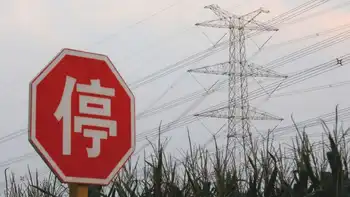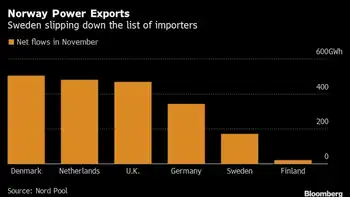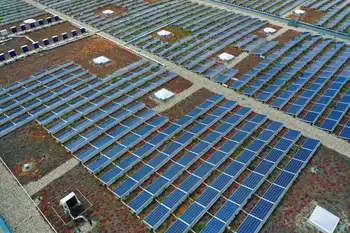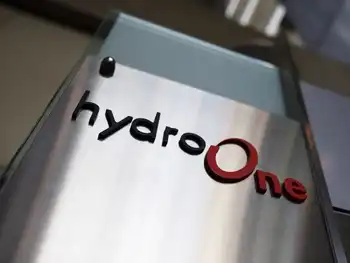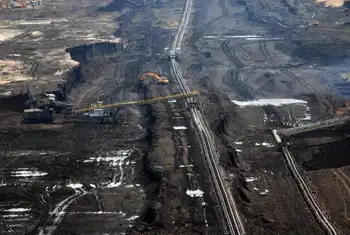Copenhagen plans to become carbon-neutral by 2025
By Industrial Info Resources
NFPA 70b Training - Electrical Maintenance
Our customized live online or in‑person group training can be delivered to your staff at your location.

- Live Online
- 12 hours Instructor-led
- Group Training Available
The seven mayors of the city announced the target while launching Copenhagen's new climate plan recently. The plan involves the initial reduction of CO2 emissions by 20% by 2015, and 50 clear initiatives have been outlined to achieve that target. The business community and the local inhabitants have been invited to work closely with the city's administration towards achieving these ambitious goals.
One of the initiatives to achieve a CO2-neutral Copenhagen by 2025 includes the development of a new geothermal power station, increasing the production of geothermal heat by 600%. Such a project would cost the city about $183.33 million.
According to Professor Hendrik Lund of the Department of Development and Planning at Aalborg University, a new power station could be set up within six to seven years. Lund's paper observes that Copenhagen could utilize geothermal energy to generate up to 50% of the district heating requirements.
Klaus Bondam, Mayor of Technical and Environmental Administration, said that instead of choosing the easiest solutions to reduce greenhouse gases, Copenhagen would implement the green solution to create a healthy city. The other initiatives of the city's climate plan include the use of hydrogen-powered and electric cars that could be parked for free in parking areas and recharged at street corners.
The plan also includes the refurbishment of educational institutions, increased use of wind turbines, development of a wind power project, and the use of biomass in power stations to ensure that the energy produced is carbon-neutral. According to results of a recent survey, the ground a few kilometers beneath Copenhagen has enough hot water to fulfill all the heating requirements of the eastern Zealand district for thousands of years. The survey reports that the geothermal reserves under the city contain about 70 times more energy than required by Denmark to fulfill its heating, electricity and transportation needs.
According to Jesper Magtengaard, an engineer of DONG Energy, new calculations have shown that it is economically feasible to allow building heating systems to absorb heat from the water, send the used water back underground, allowing it to be reheated, and then reuse it for district heating. Although using geothermal energy is not comparable with the existing power and heat plants in the short-term, it is a plan that could be developed for the long-term.
Denmark currently has two operating geothermal plants. The plant in the town of Thisted in Jutland was set up in 1984, while the second plant is located on the island of Amager, which is a part of Copenhagen. Copenhagen already has three large-scale, waste-combustion plants that produce surplus heat during summer. According to the project manager for the heating plan for the capital, Thomas Hartmann, setting up a geothermal plant now would be less economical than continuing with the existing biomass- and waste-fueled heat and power plants.
Copenhagen will host three climate conferences in December 2009. The United Nations' Framework Convention on Climate Change summit will outline the new paths to be followed to fight climate change after 2012, when the first stage of the Kyoto Protocol concludes. The two other summits are the Children's Climate Change Forum and a mayors' summit, which is expected to generate practical methods that can be followed by municipal bodies to fight climate change.





